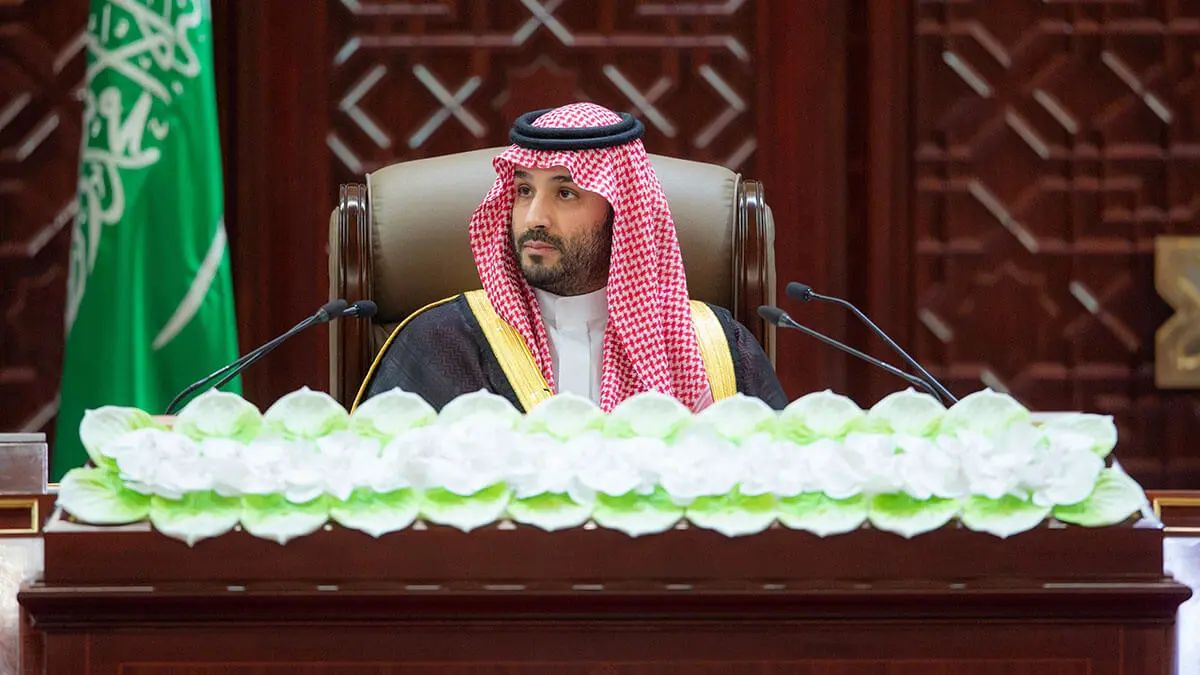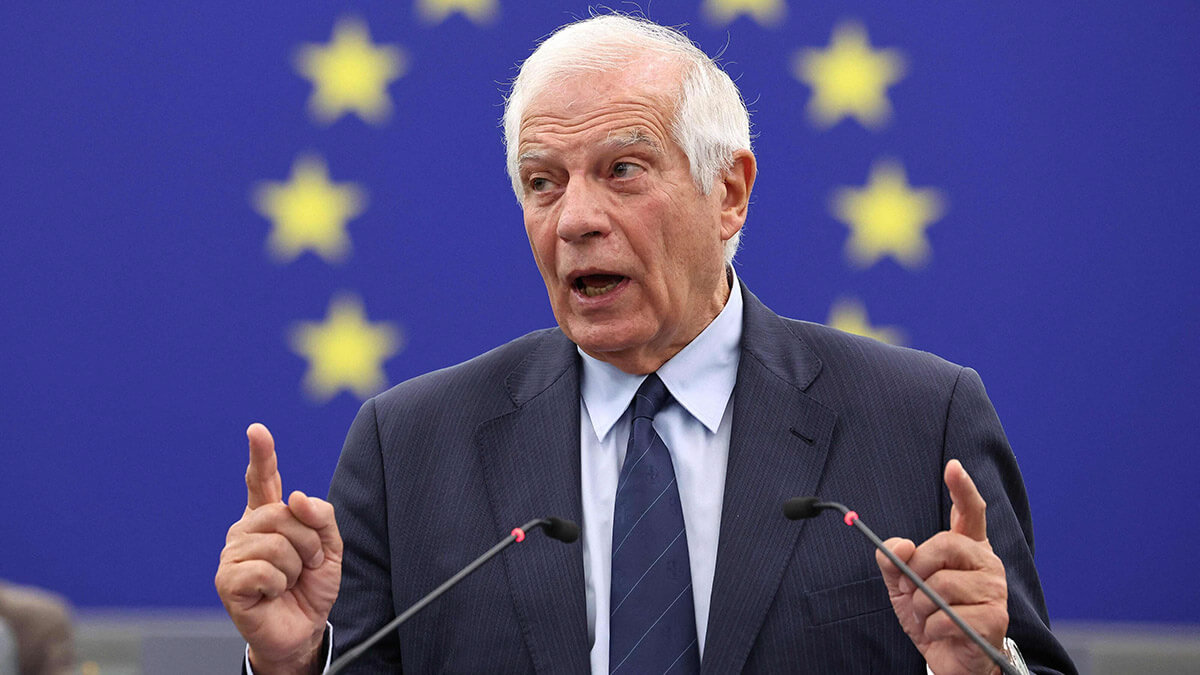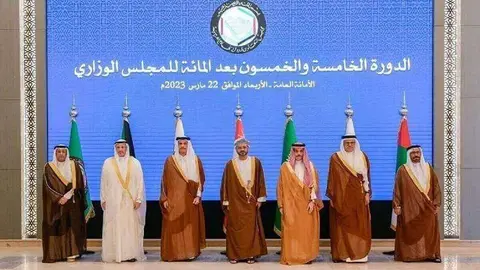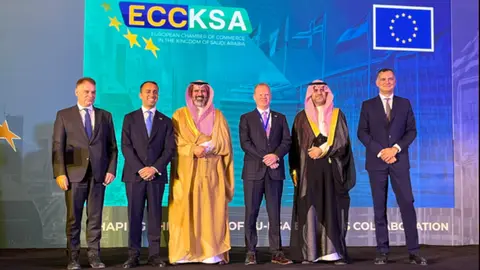The EU recognises the international influence of the Arab Gulf states

The European Union recently organised its first summit with the Gulf states with the aim of fostering diplomatic rapprochement. At the summit, the EU recognised the influence of the region's Arab nations in the international arena.
Since Moscow's invasion of Ukraine, the 27 EU members have been building bridges with other regional blocs, holding their first summit with the Association of Southeast Asian Nations (ASEAN) and their first in eight years with the Community of Caribbean and Latin American Countries (CELAC).
Their aim in meeting with the six wealthy Arab states of the Gulf Cooperation Council was to deepen cooperation and recognise the influence of these countries, particularly in the conflicts in Ukraine and the Middle East.
‘The Gulf region is at the crossroads between Asia, Europe and Africa and plays a very important role in many of the current crises,’ said a senior EU official.
In a joint statement at the end of the summit, the two sides said they would resume talks begun 35 years ago on a free trade agreement but suspended in 2008.
They will also hold biennial summits, the next in Saudi Arabia in 2026.
One of the Gulf countries' demands is visa liberalisation. Currently, citizens of the UAE do not need EU visas for short stays, while citizens of other Gulf countries need a visa valid for five years.

The EU's partnership with Bahrain, Kuwait, Oman, Qatar, Saudi Arabia and the UAE would seek to boost cooperation in clean technology, critical minerals needed in the green transition, renewable energy and hydrogen production.
Ahead of the summit, EU officials stressed that the ‘main theme’ would be Israel's conflicts in Gaza and Lebanon.
‘One of the objectives is to avoid a general conflagration’ in the Middle East, a senior EU official said. ‘Both sides are concerned about this.’
‘These countries play a key role in the Middle East and could play a key role in the conflict in Ukraine,’ the official said, although differences remain over Russia's invasion of its neighbour and, in particular, the EU's push to punish Iran for supporting Moscow's war effort.
‘We see a much more agreed situation in the Middle East,’ said another official.
‘We share the same concerns about peace and security in the whole region,’ EU diplomacy chief Josep Borrell said of EU and GCC countries ahead of the talks.

‘We are ready to act increasingly together to address common challenges.’
Brussels wanted GCC partners to agree on strong language on Russia's military attack on Ukraine. The final declaration affirmed state sovereignty, condemned attacks on civilians and critical infrastructure and deplored the ‘protracted war’.
Russia was only mentioned in a reference to a UN resolution criticising Russian aggression and demanding that it withdraw its forces from Ukraine.
Qatar's Emir, Sheikh Tamim bin Hamad Al Thani, said closer relations should mean greater adherence to international justice and ‘moving away from policies of double standards’.
Critics in the Global South say EU nations repeatedly criticise Russia for its violations of international law in the Ukraine conflict, but fail to apply the same standards to Israel's war in Gaza.
European Commission President Ursula von der Leyen urged Gulf states to use their influence to bring peace to Ukraine.
‘I know how sensitive you are to the idea of sovereignty, and I trust that we can work together and rely on you to stop this illegal Russian war,’ she told EU and Gulf leaders, including Saudi Crown Prince Mohammed bin Salman.
On the Middle East, the statement expressed its ‘utmost concern’ over developments in Israel, Gaza and Lebanon, called for an immediate ceasefire and urged all parties to comply with their obligations under international law.










